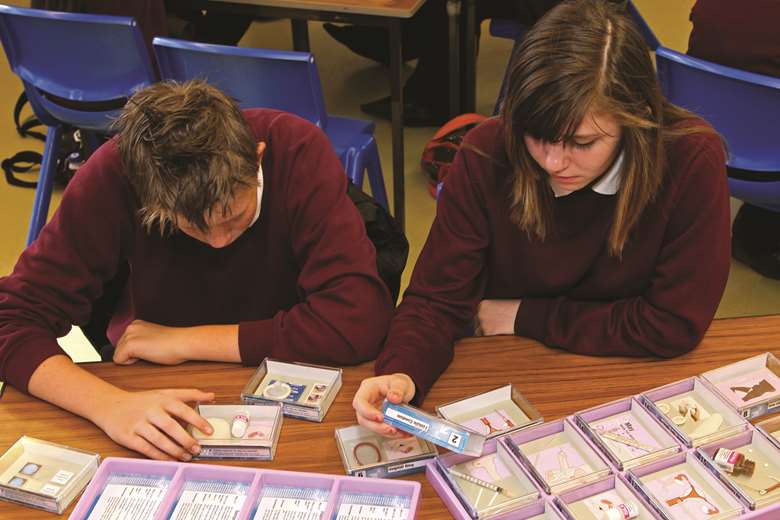Morgan rejects calls for statutory PSHE
Jess Brown
Wednesday, February 10, 2016
The government will not be making the teaching of personal, social, health and economic education (PSHE) compulsory in schools, Education Secretary Nicky Morgan has announced.

In a letter to chair of the education select committee Neil Carmichael, Morgan said that although making PSHE statutory would give it equal status with other subjects, the government is concerned that this would "do little to tackle the most pressing problems with the subject, which are to do with the variable quality of its provision".
"As such, while we will continue to keep the status of PSHE in the curriculum under review, our immediate focus will be on improving the quality of PSHE teaching in our schools," she added.
Morgan's letter accompanied the government's response to a report into PSHE by the education select committee that was published in February 2015 and called for the subject to be made compulsory.
The committee criticised the government for its initial response, which was published in July 2015, labelling it “feeble”, claiming that it did not even acknowledge the recommendation.
Calls for PSHE have been growing in recent years, and just last month the chairs of the education, health, home affairs and business committees all signed a letter to Morgan to call again for PSHE to be taught in all schools.
However Morgan said the Department for Education has been working with a group of head teachers and practitioners "who are best placed to know what needs to be done within schools to transform and improve PSHE".
"Over the next few months they will produce an action plan and recommendations for improving PSHE, including publishing a comprehensive PSHE toolkit for schools," her letter states.
"This will help schools plan and develop their own PSHE curriculum, help them assess learning and impact and set out how schools can deliver PSHE as part of a broad offer to pupils and parents.
"I have also received representations about updating the existing SRE guidance which I will carefully consider.
"I want PSHE to be at the heart of a whole-school ethos that is about developing the character of young people."
Joe Hayman, chief executive of the PSHE Association, described the government’s decision not to make PSHE compulsory as an “appalling failure”.
“What is most baffling about this decision is that the government has a range of objectives it seeks to achieve through PSHE education, including teaching pupils to stay safe online, promoting children and young people’s mental health and preventing radicalisation, child sexual exploitation and violence against women and girls,” he said.
“Its decision not to address a status quo in which these issues are addressed by untrained teachers in inadequate curriculum time – or are left off the curriculum altogether – is self-defeating and leaves vulnerable young people at risk."
Mary Bousted, general secretary of the Association of Teachers and Lecturers (ATL), said the government's decision was "shortsighted".
“When report after report following the tragic sex abuse cases in Rotherham and Oxford point out that PSHE keeps children safe, how can Nicky Morgan refuse time and time again to make PSHE mandatory in all schools?," she said.
"How can the government look young people in the eye and tell them that their personal, social, health and economic needs are just not that important?
“There are some outstanding PSHE teachers and schools taking an inspiring approach, but why does the government not afford teaching PSHE the respect and resources it so clearly needs?
"This is a shortsighted decision that will have many serious repercussions for young people’s health and their futures.”




